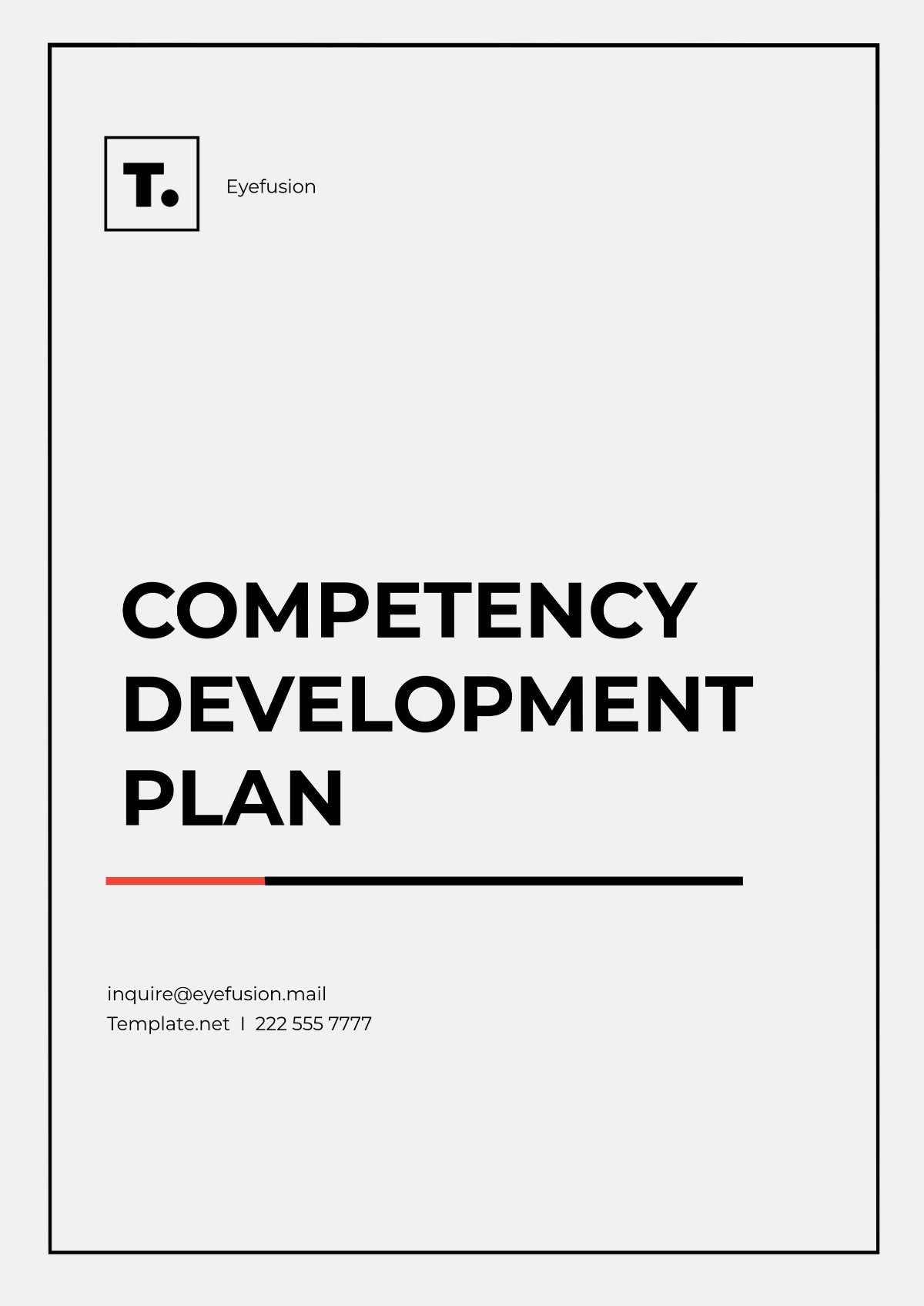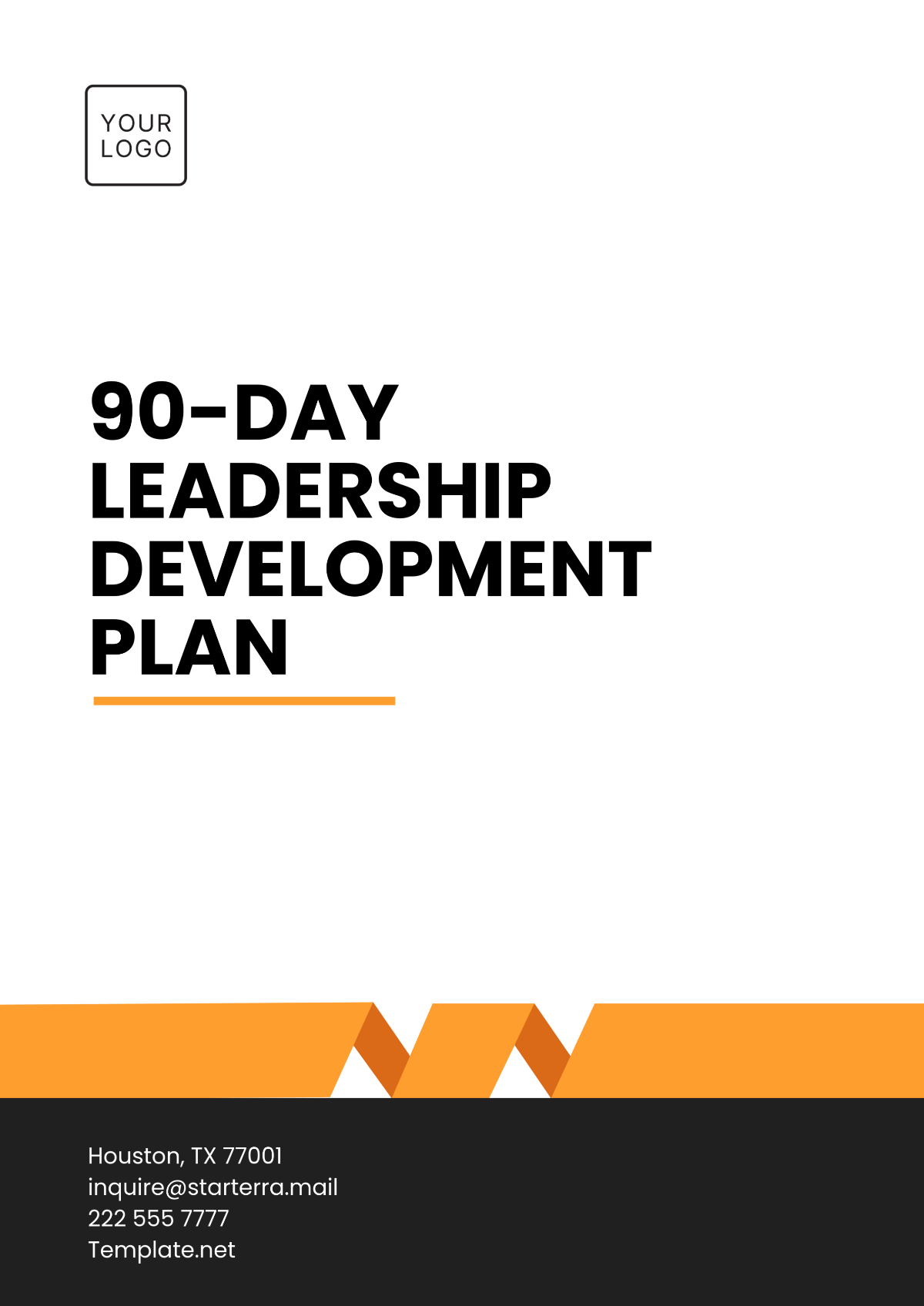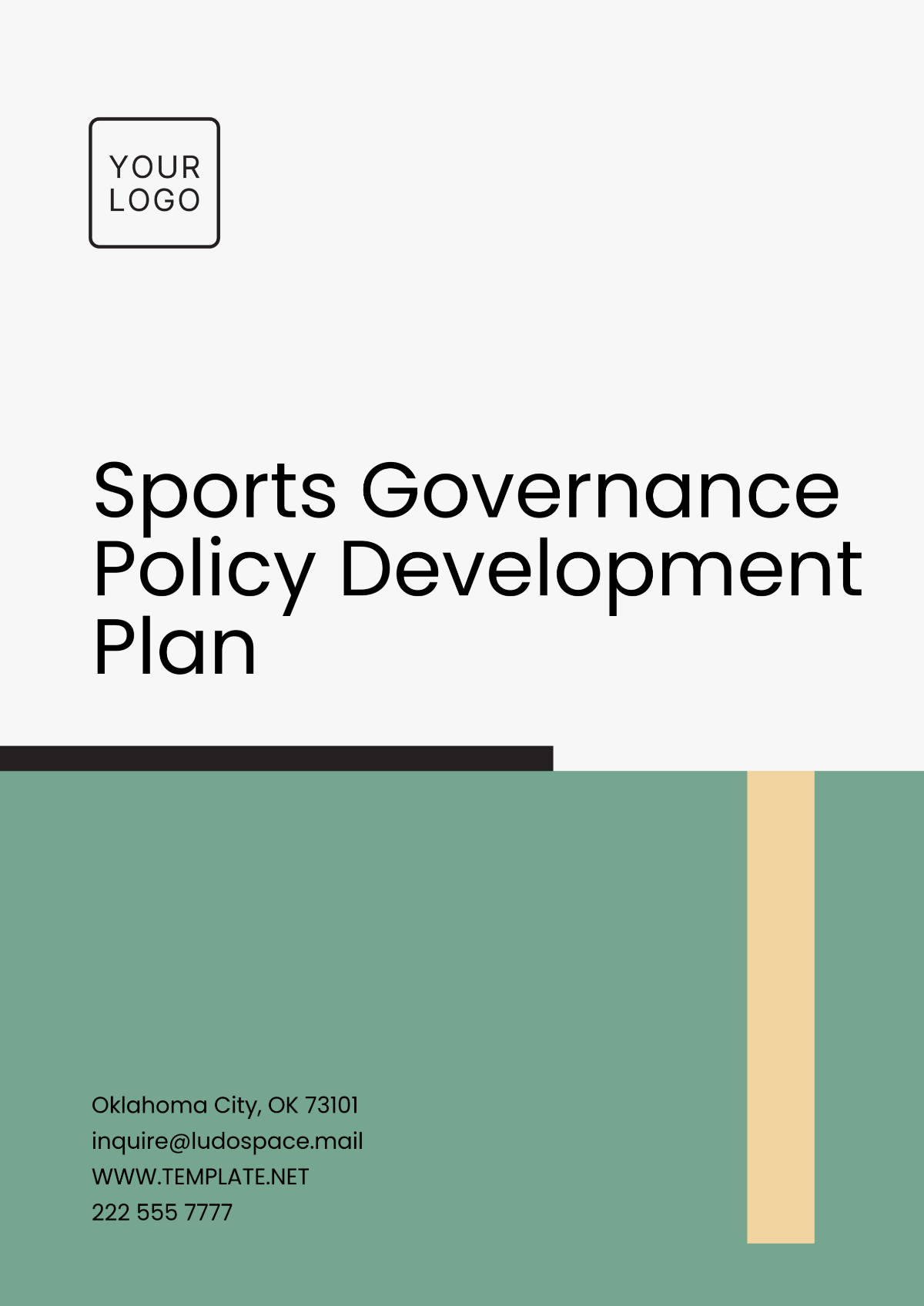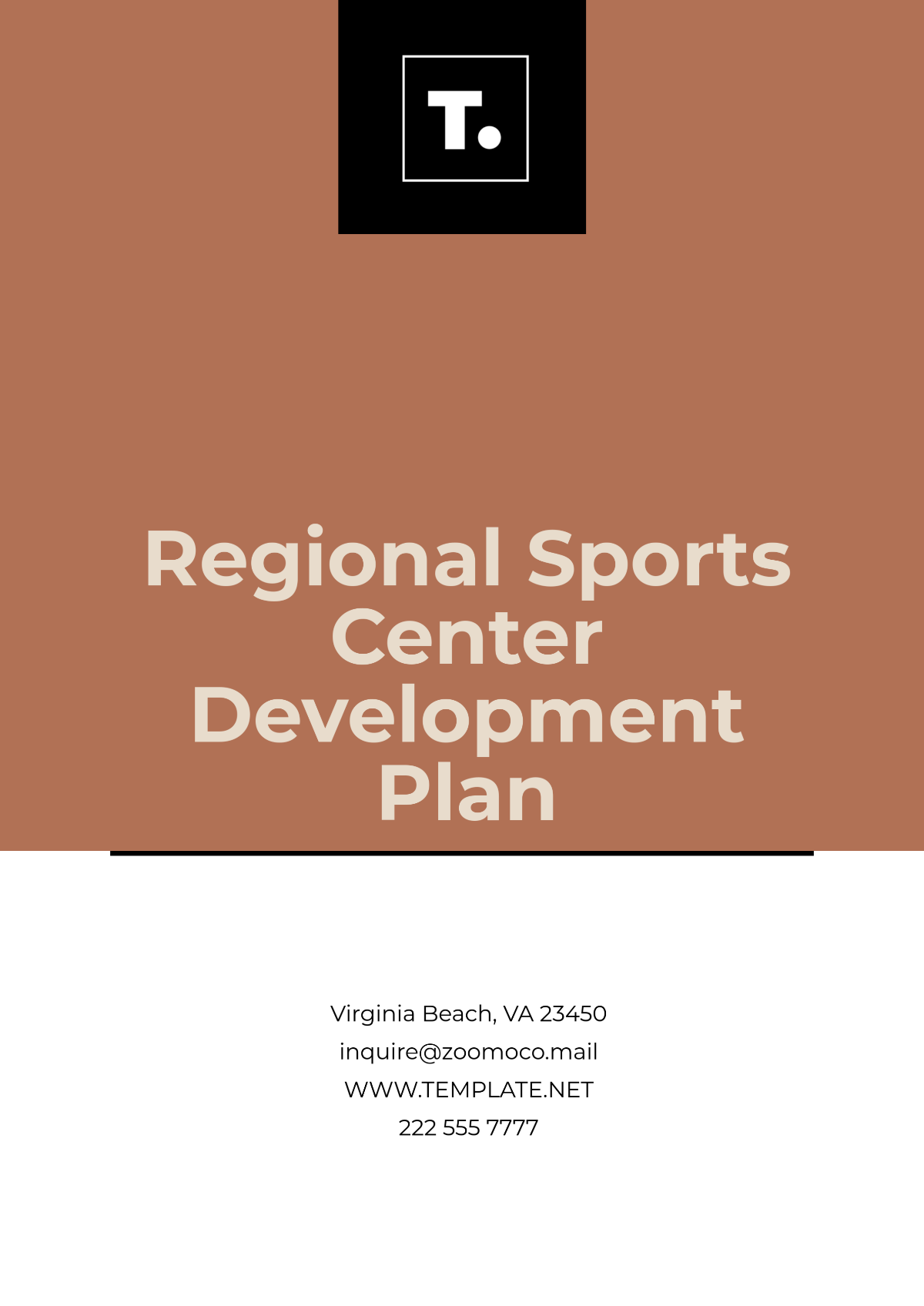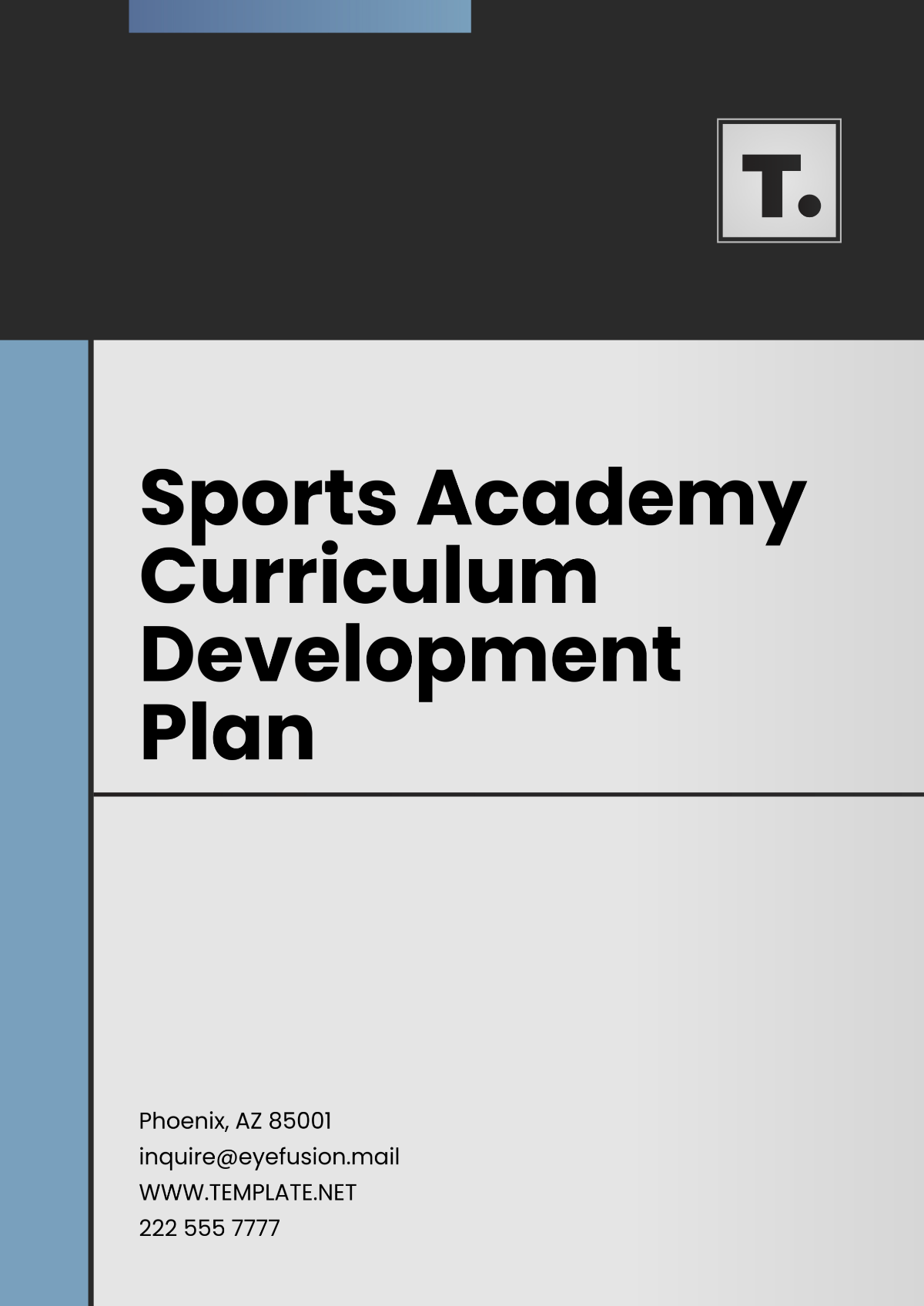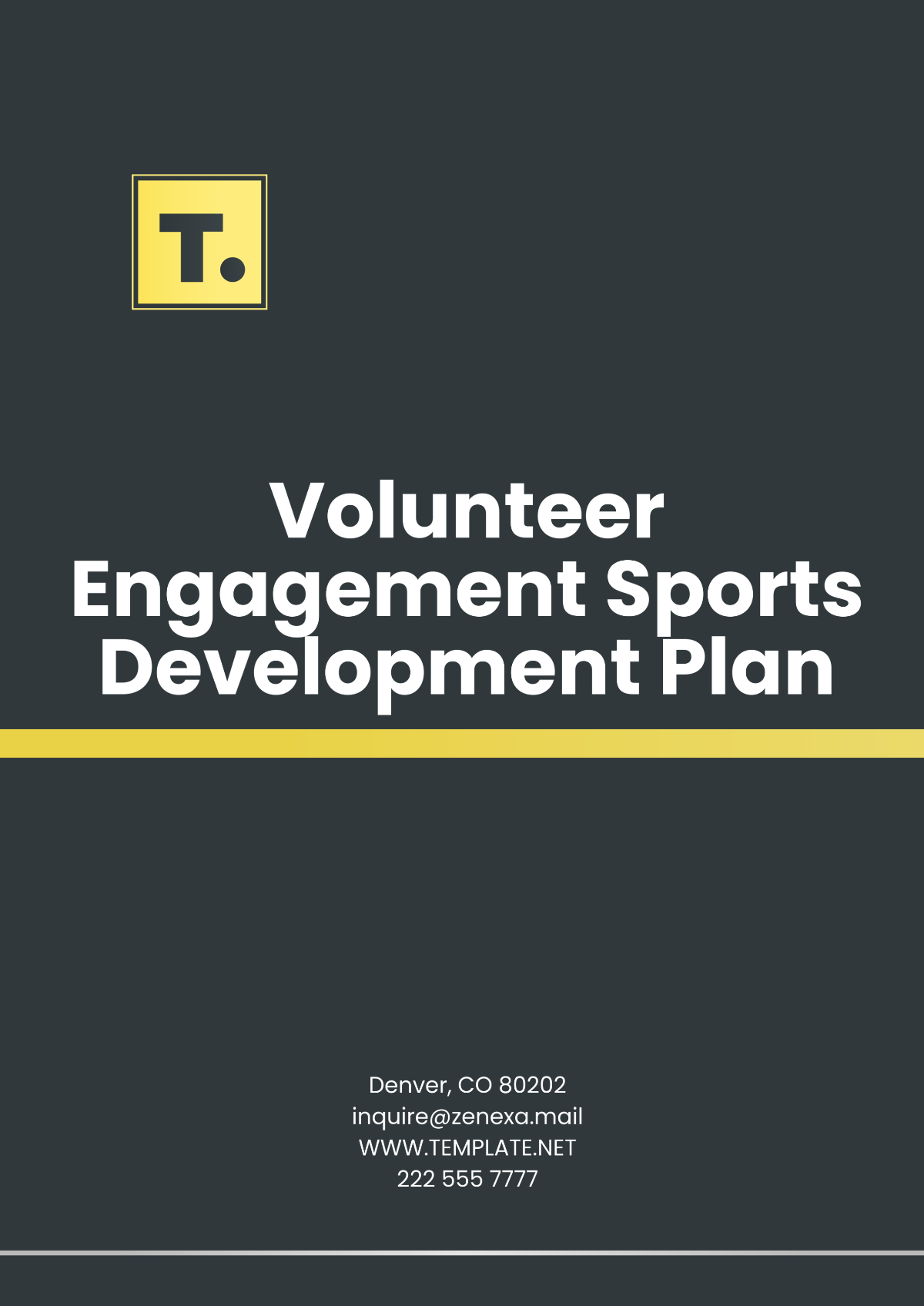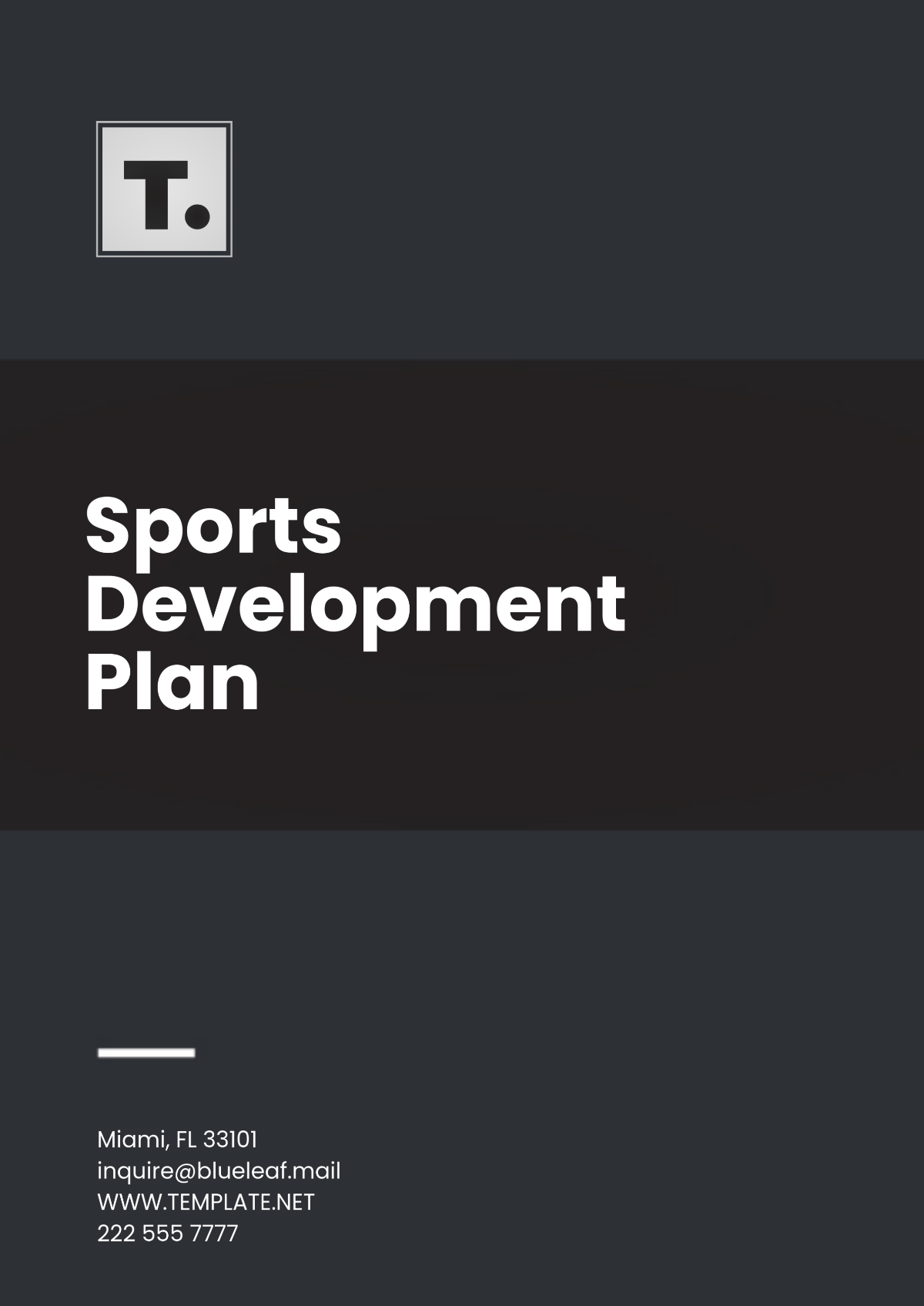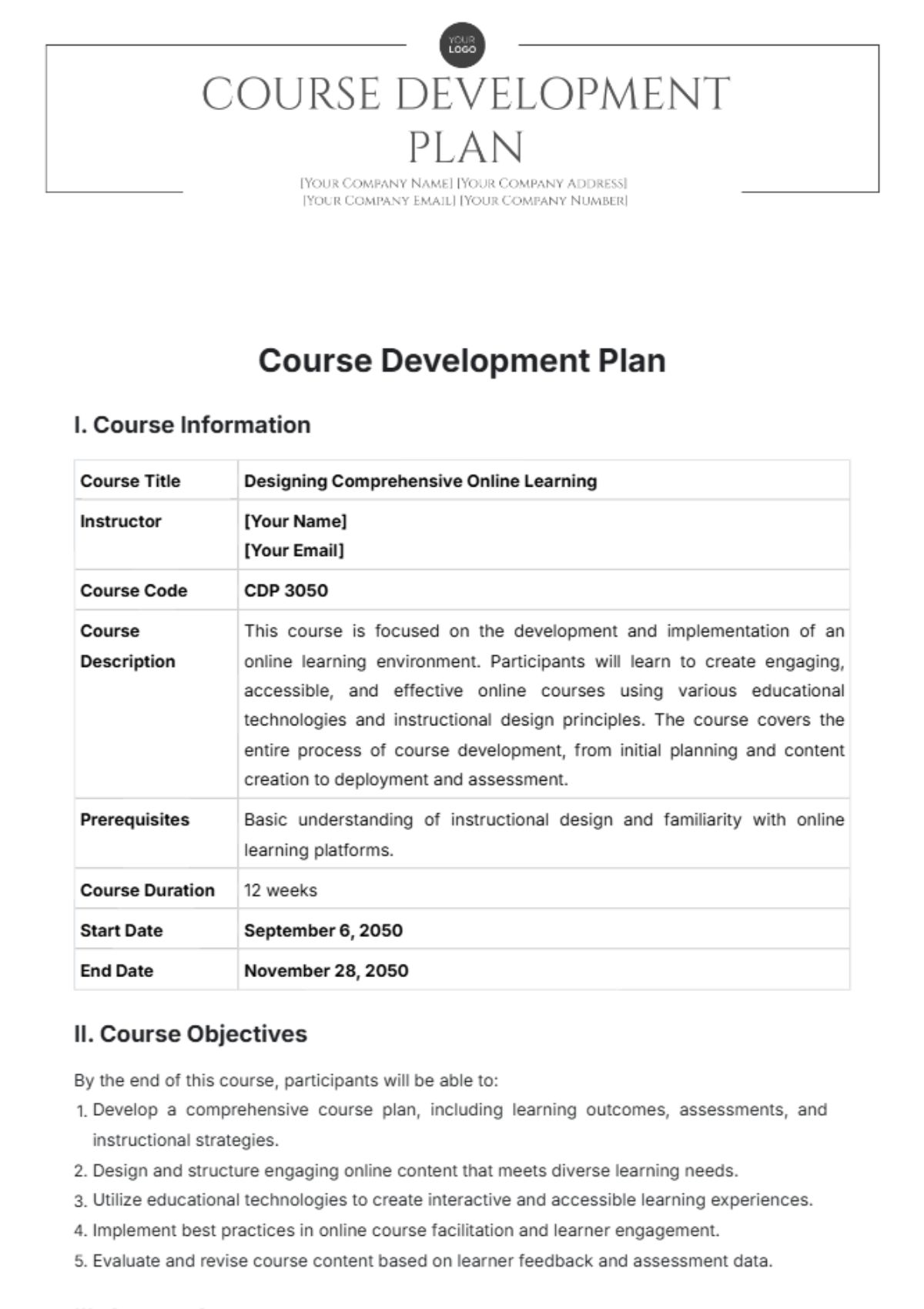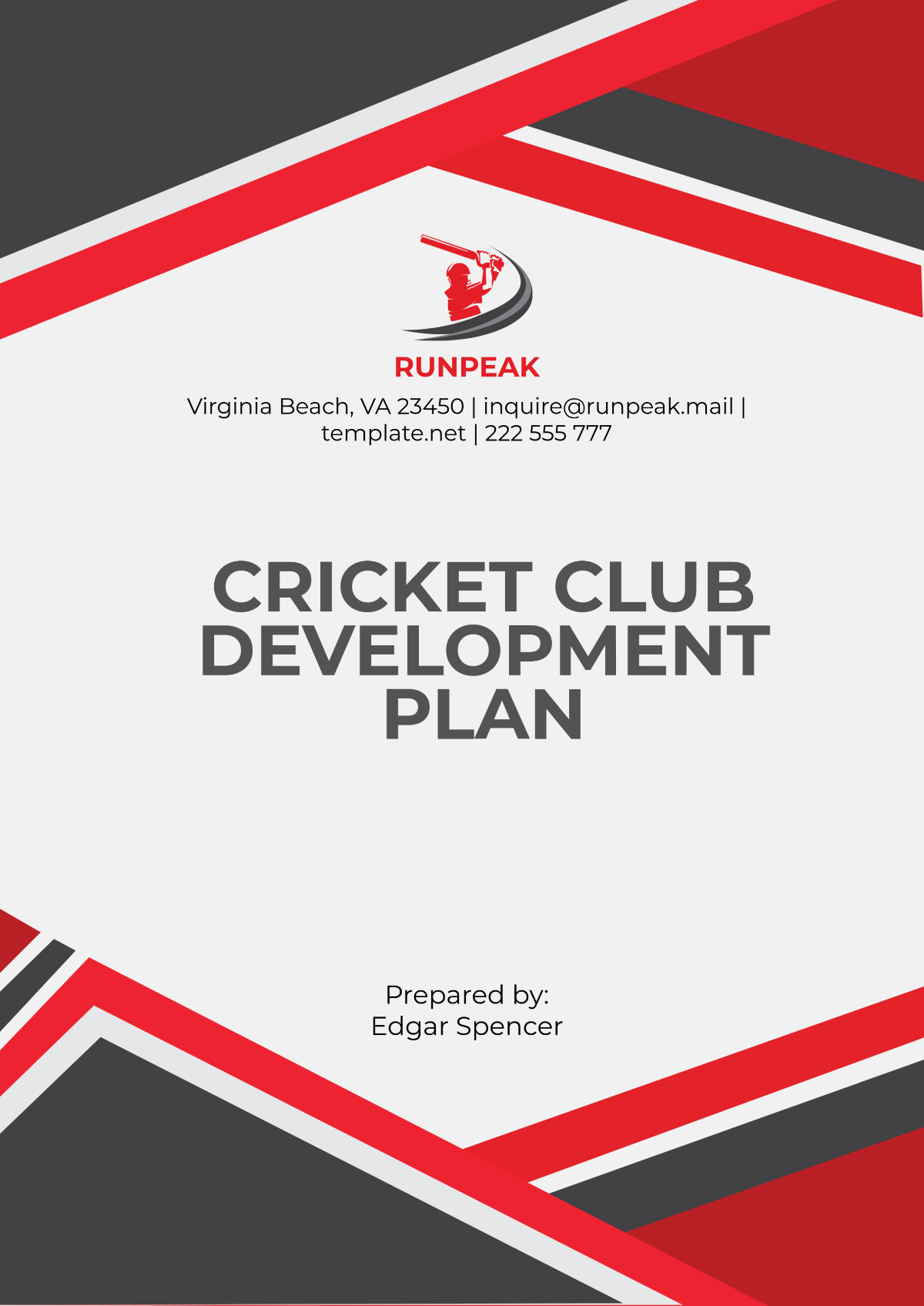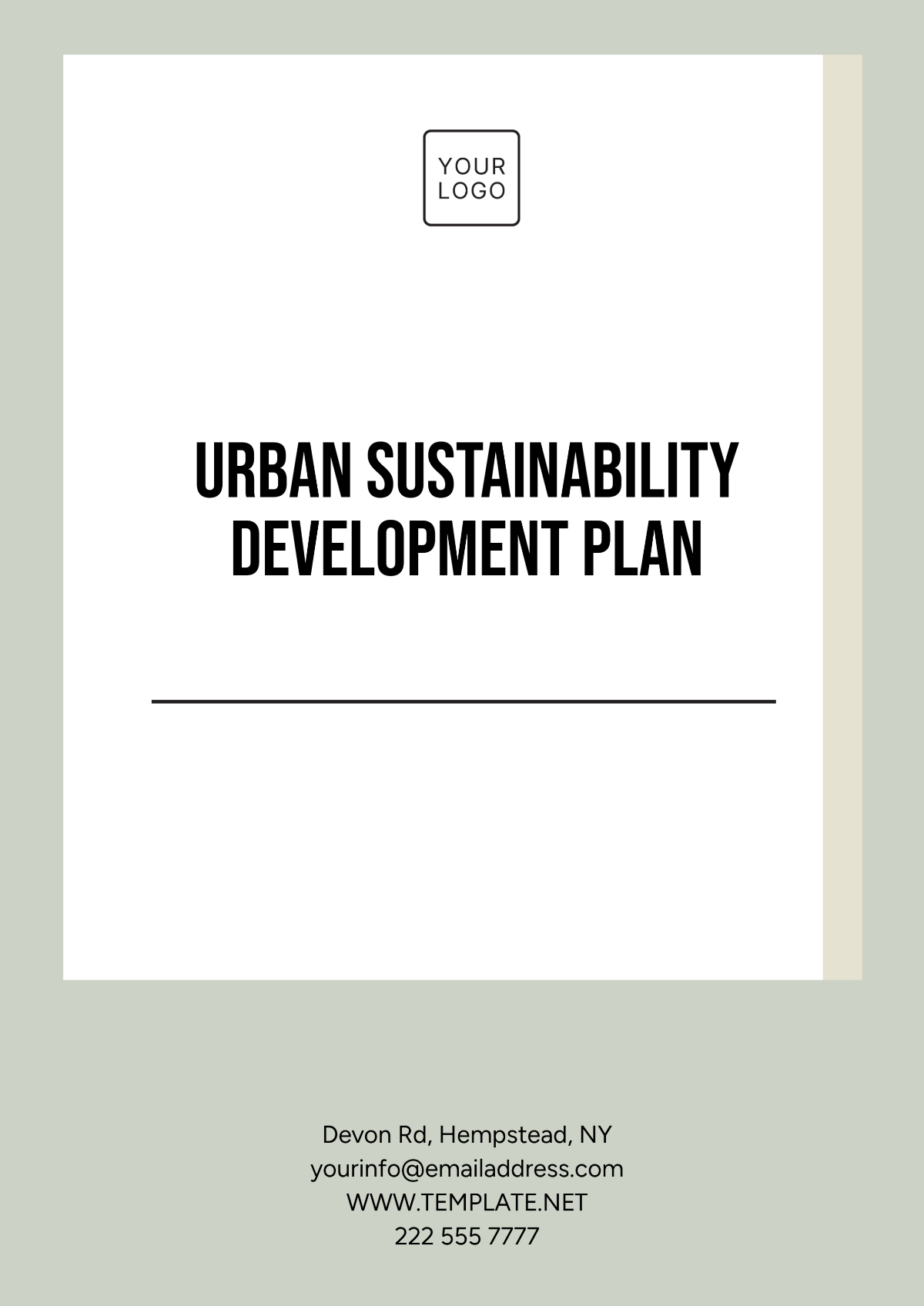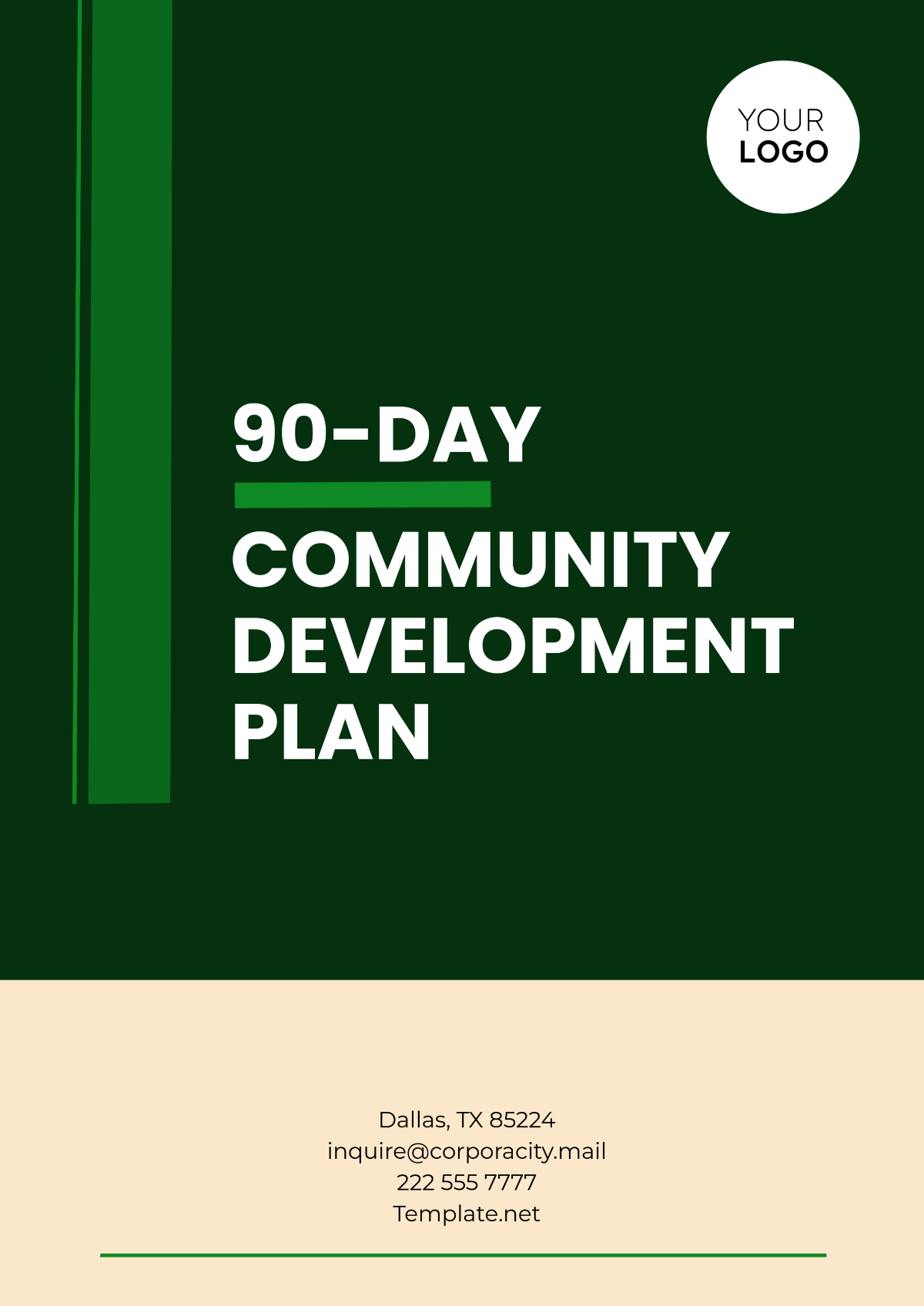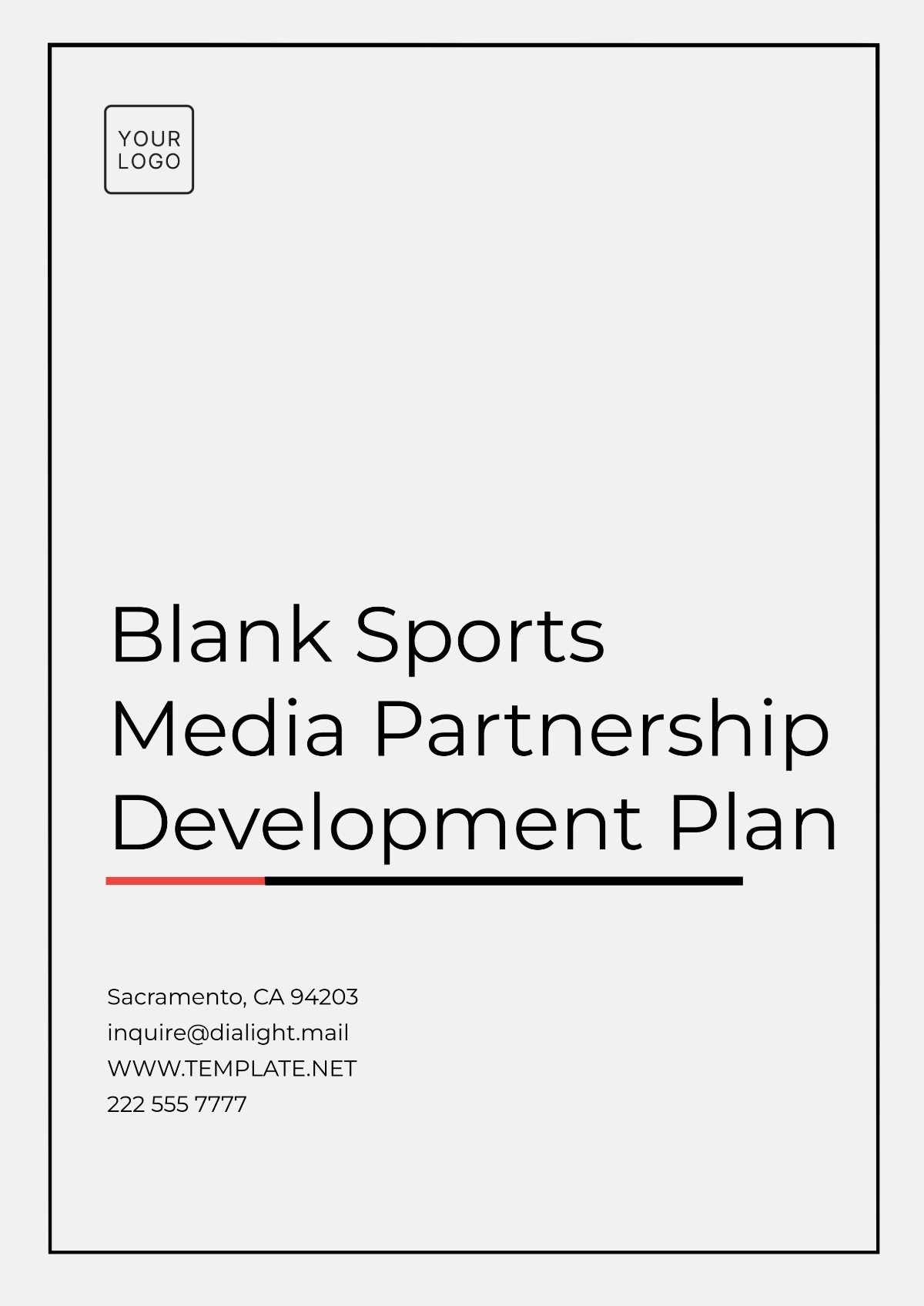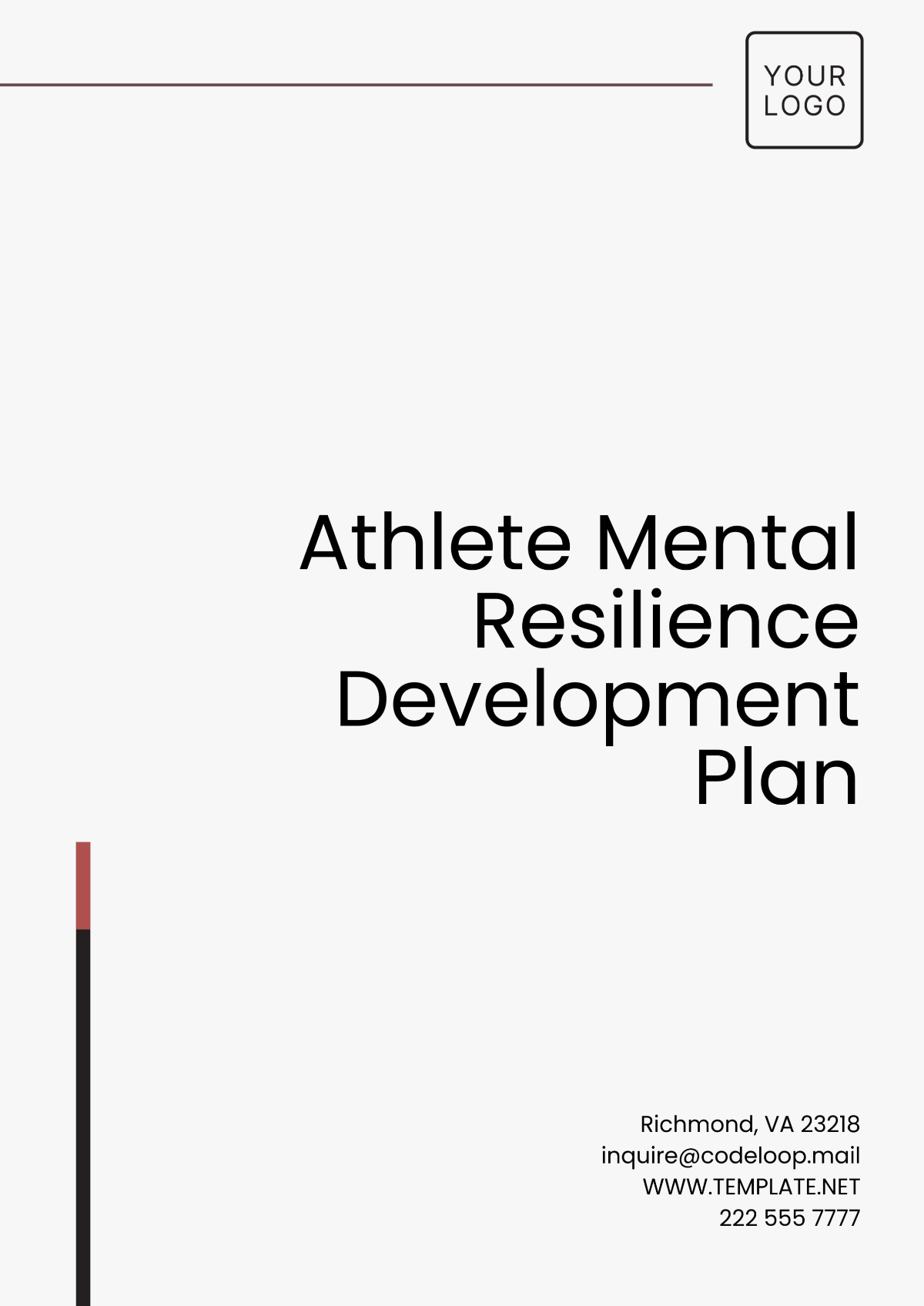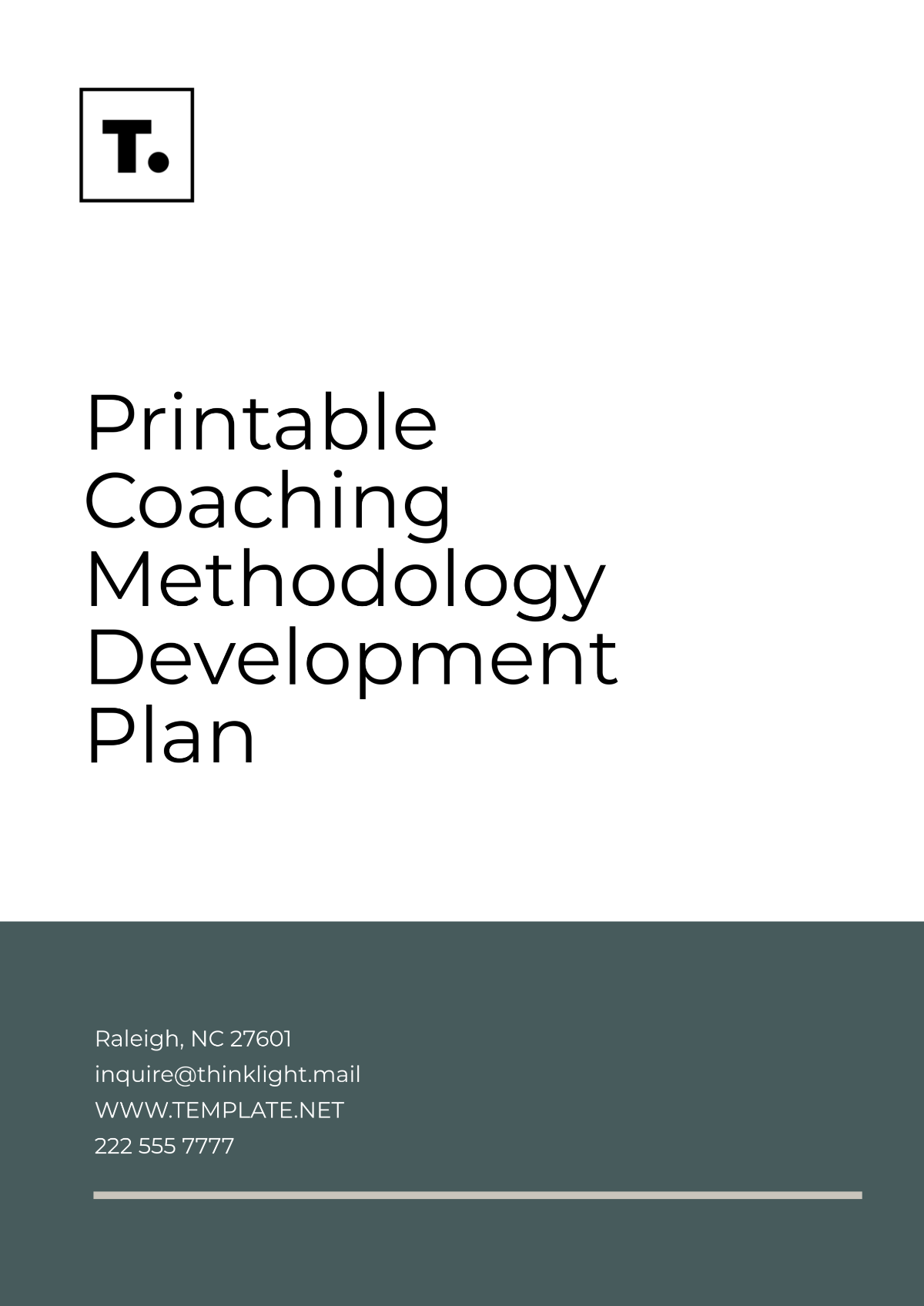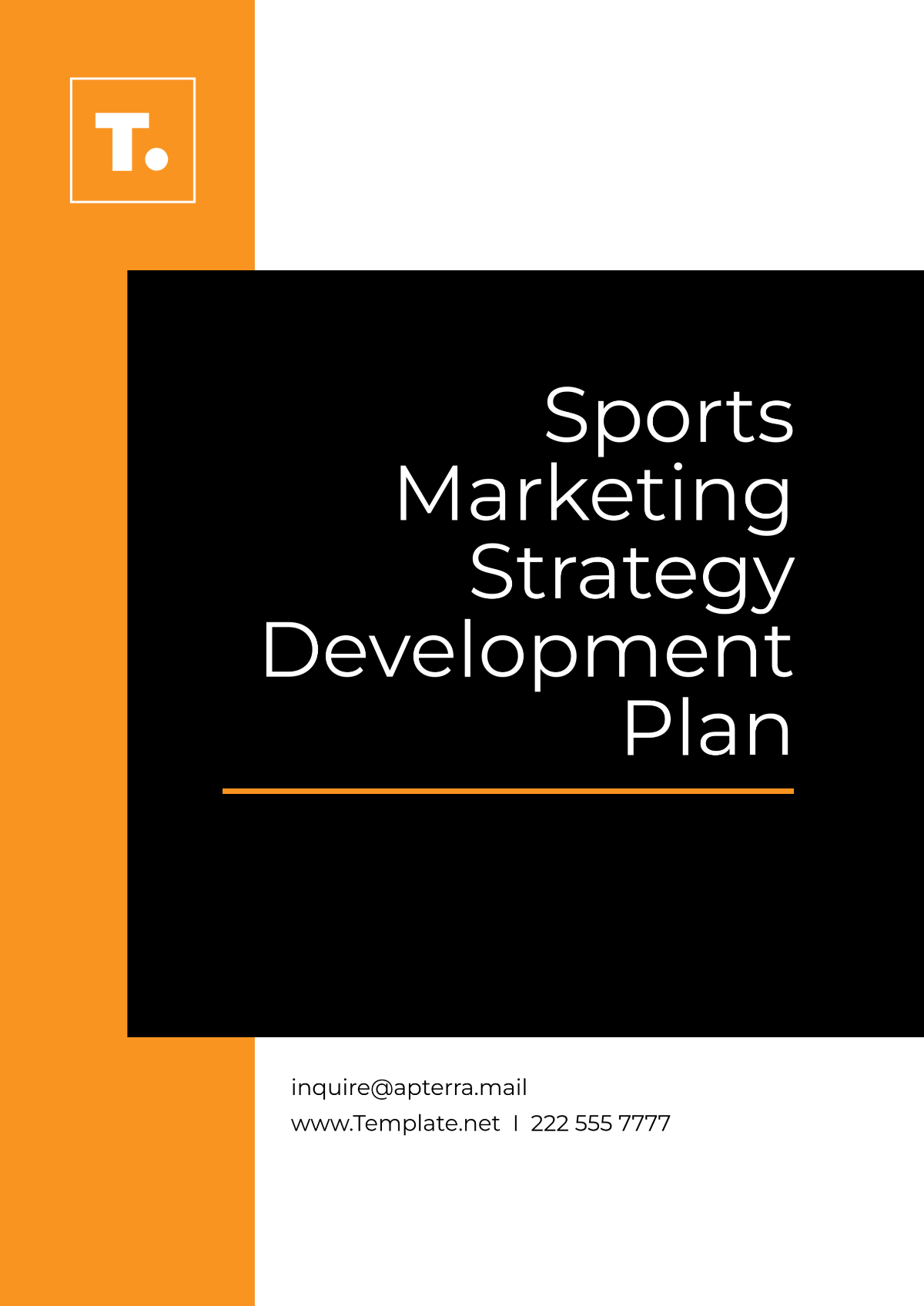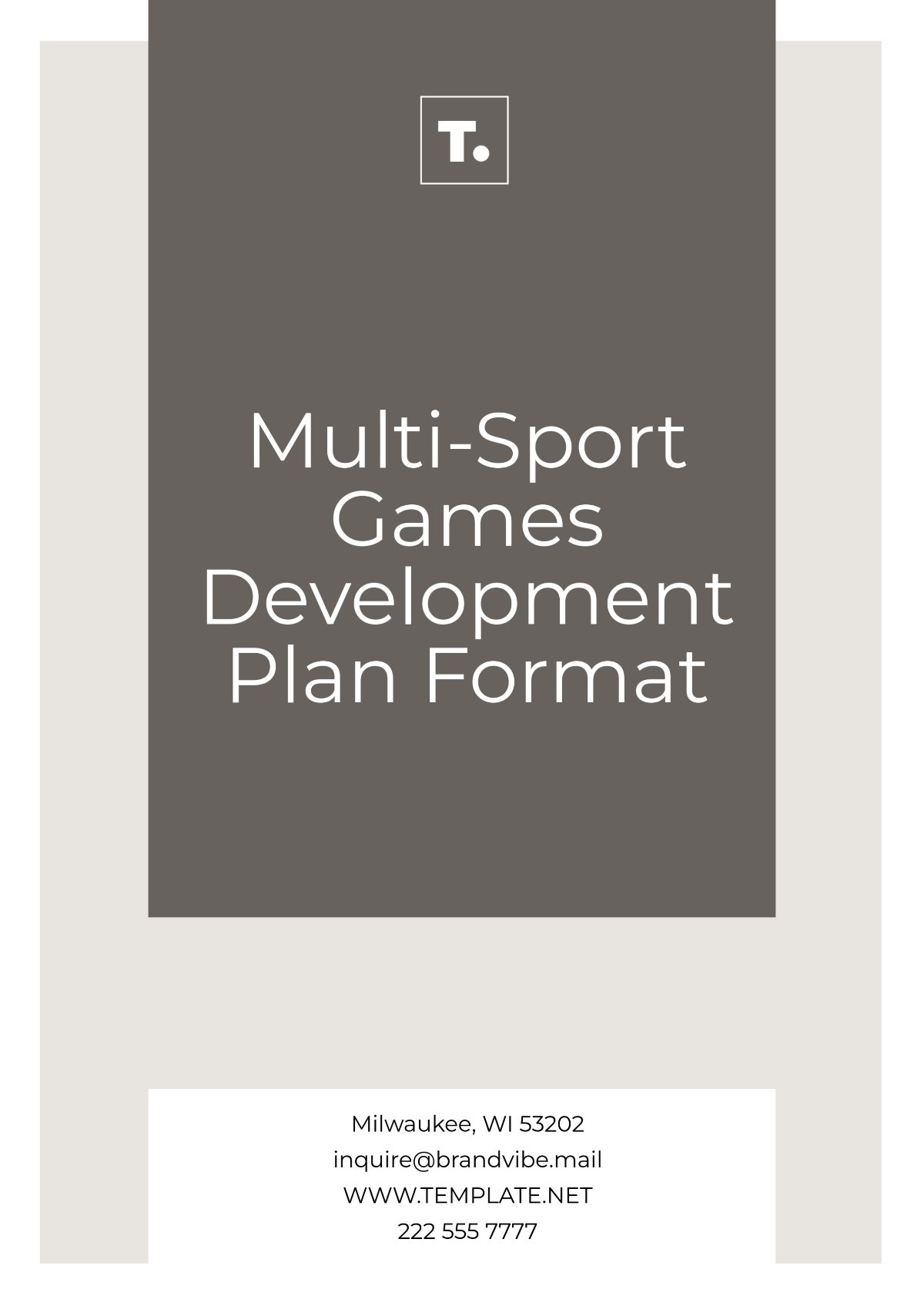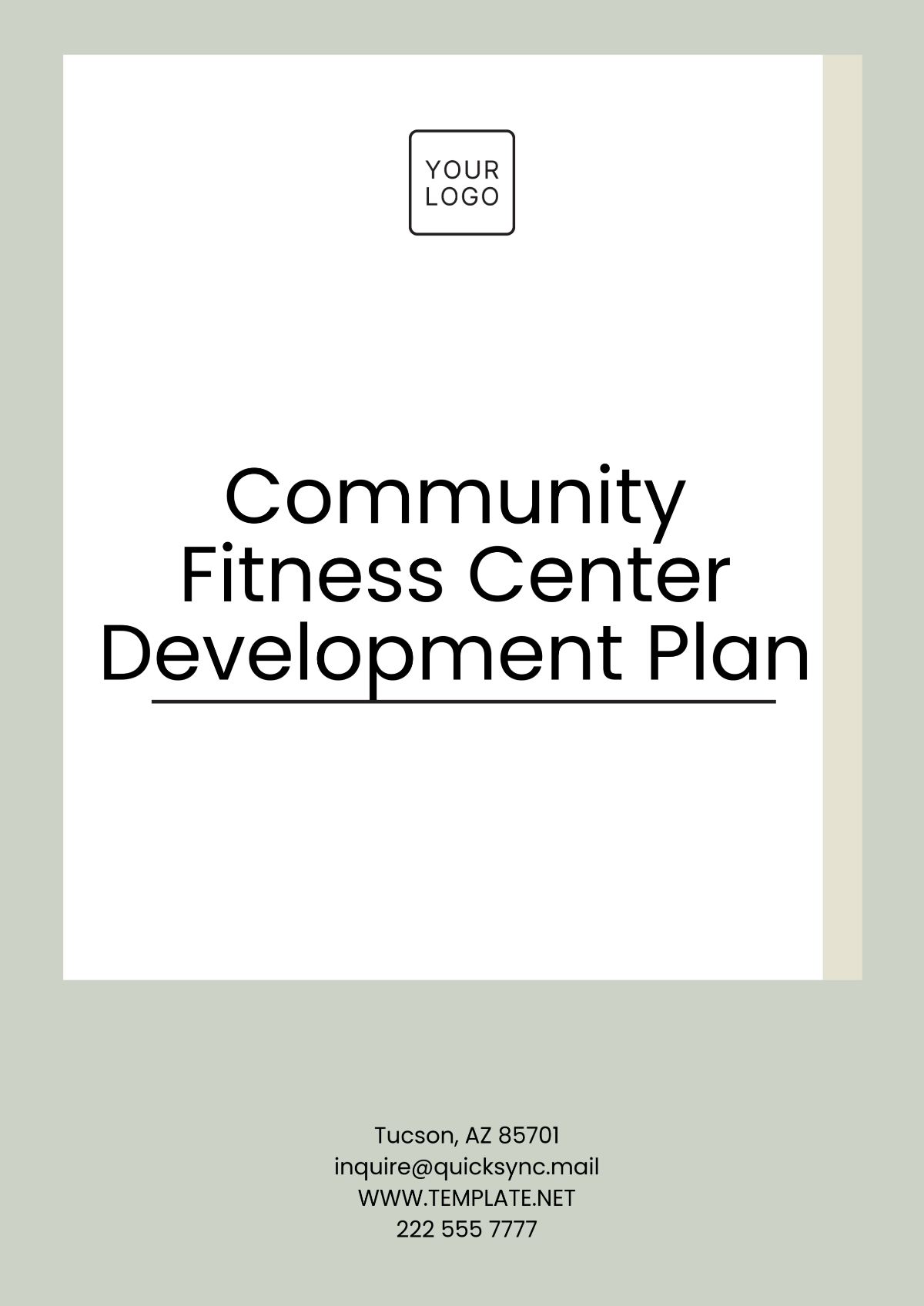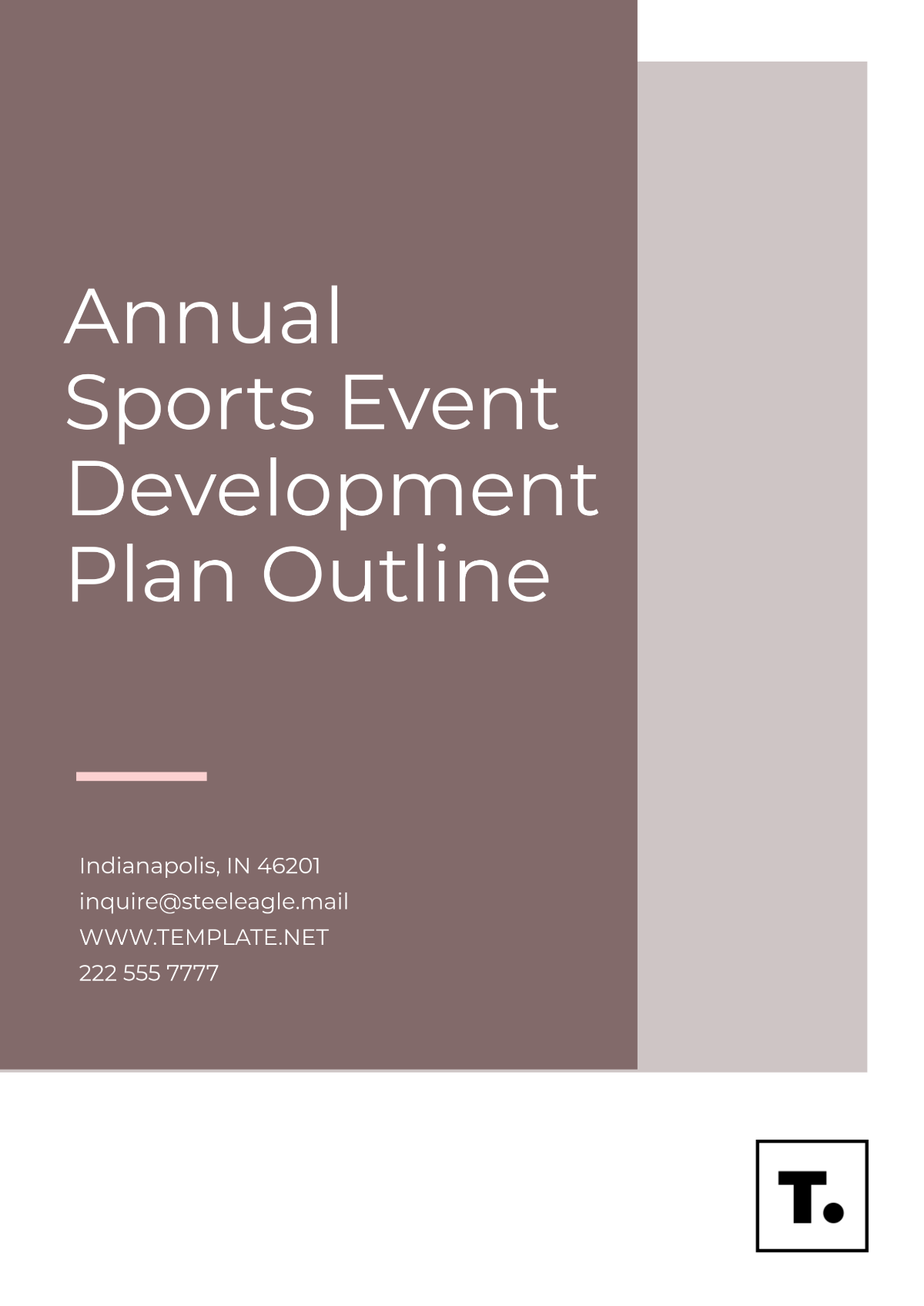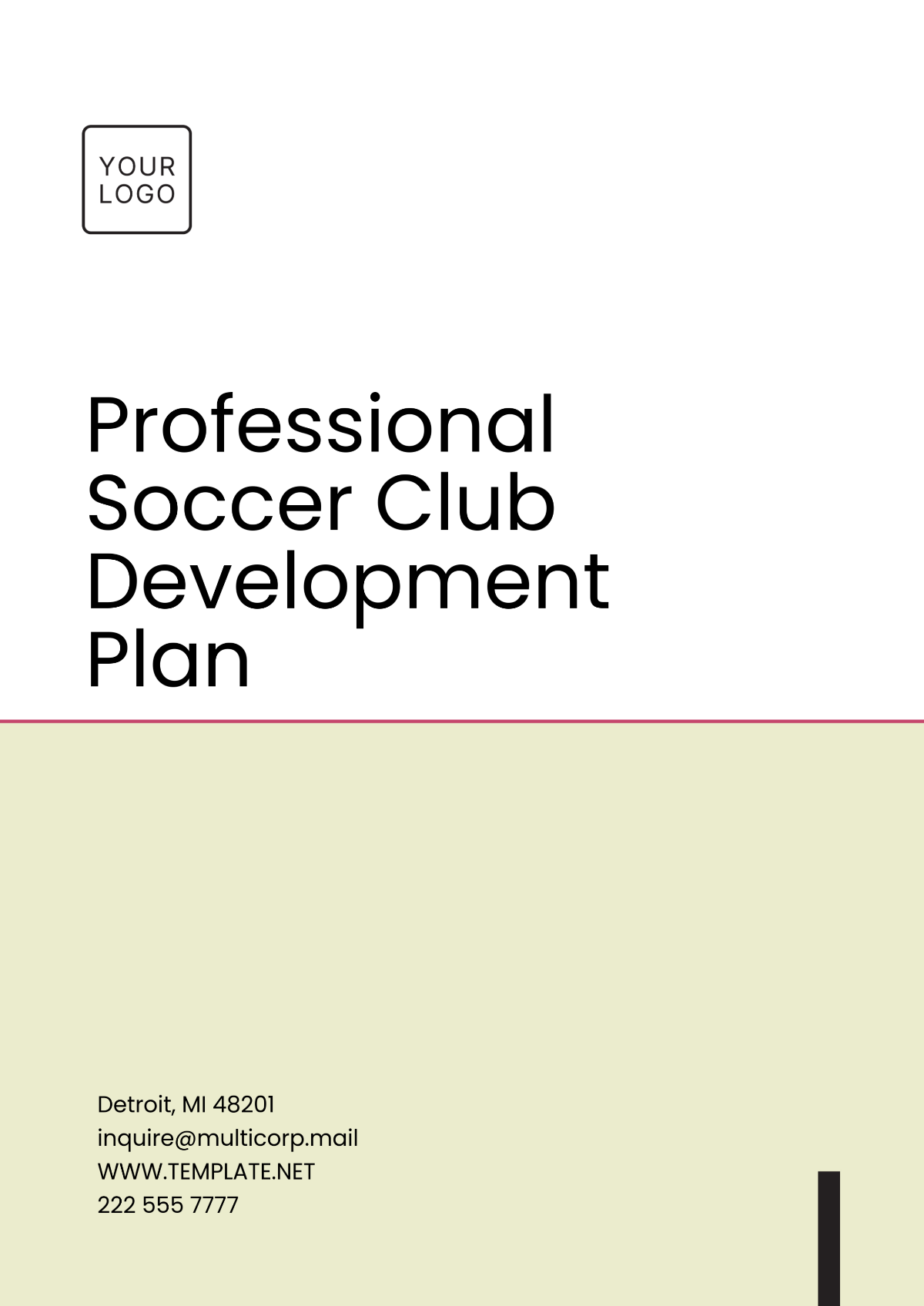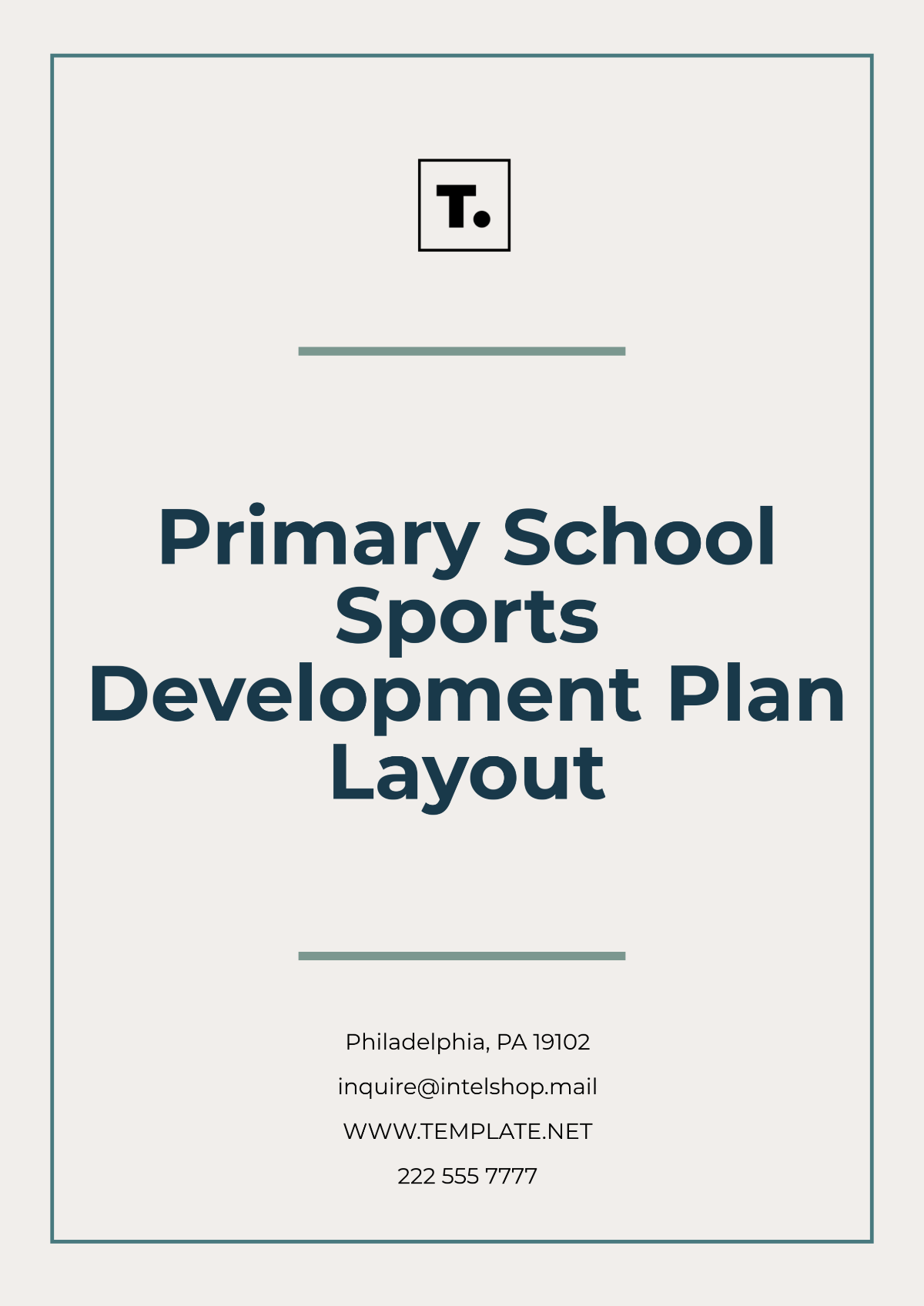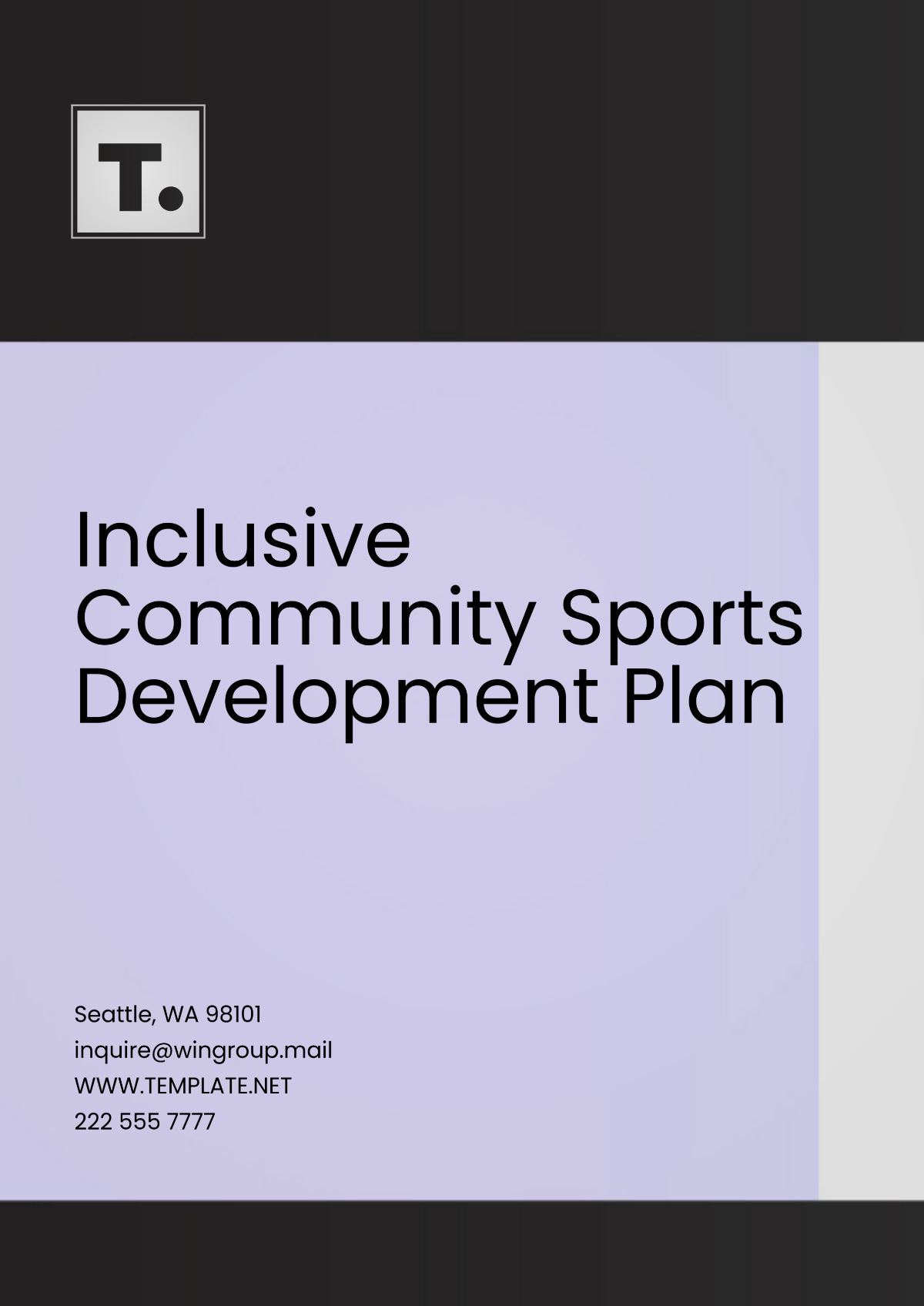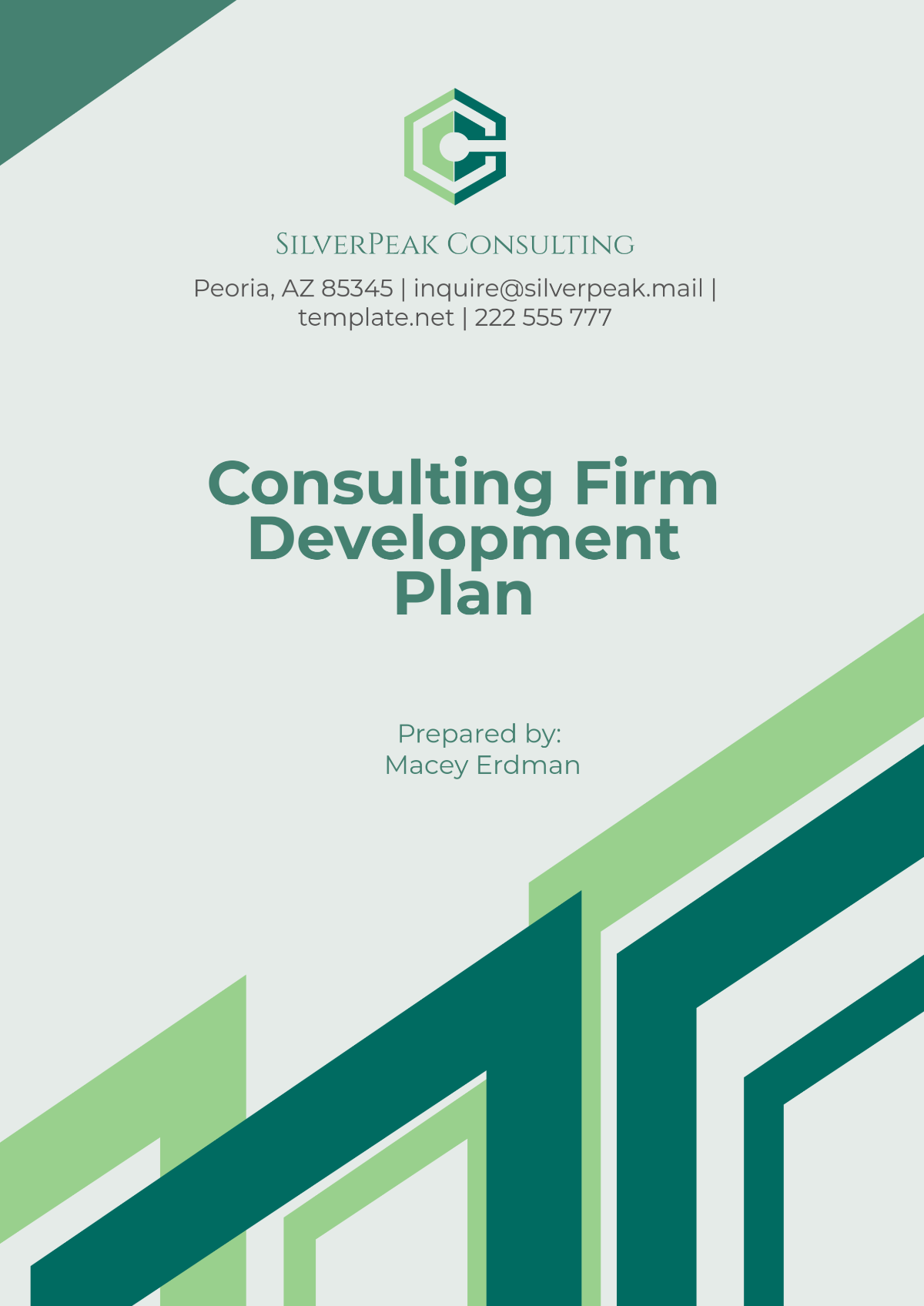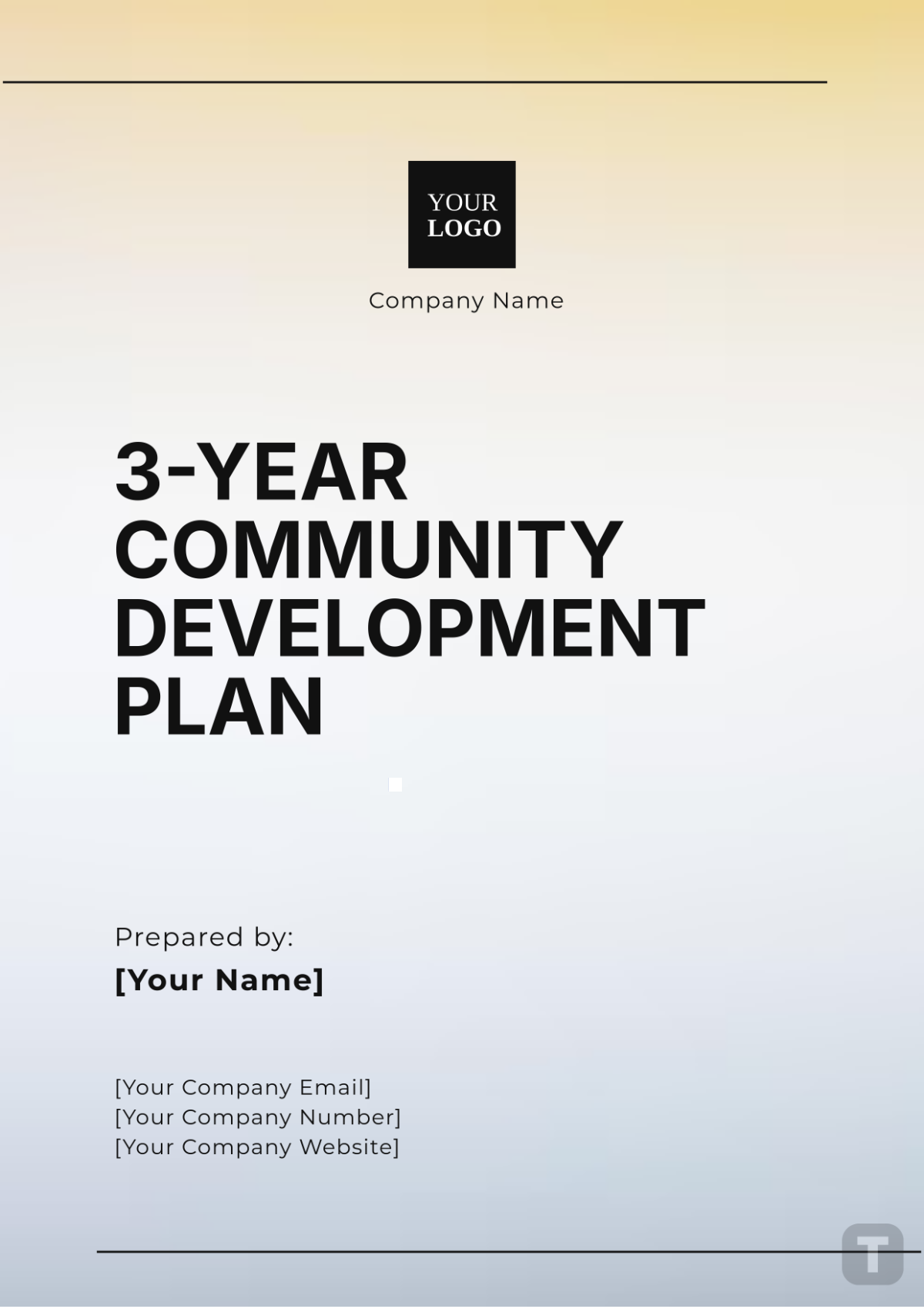Multi-Sport Games Development Plan Format
1. Introduction
The Multi-Sport Games Development Plan aims to establish a comprehensive framework to foster the growth, participation, and overall quality of multi-sport events. The plan encompasses critical areas such as infrastructure, athlete development, community engagement, sustainability, and long-term legacy. By employing targeted strategies in these areas, the plan will increase the profile of multi-sport events, ensuring their positive influence on sports culture at both the grassroots and elite levels. The goal is to create a thriving ecosystem that promotes athletic excellence, community involvement, and sustainable growth.
2. Infrastructure Development
A. Facility Construction and Upgrades
The expansion and upgrading of sports infrastructure are fundamental to the success of multi-sport events. New facilities will be constructed, and existing venues will be upgraded to meet international standards, accommodating a wide variety of sports and fostering greater participation.
Objective | Description | Timeline |
|---|---|---|
Construct New Facilities | Identify and develop sites for multi-sport complexes. | 2050-2052 |
Upgrade Existing Venues | Modernize infrastructure with improved technology and accessibility. | 2051-2053 |
B. Technology Integration
Incorporating state-of-the-art technology in multi-sport venues will enhance both the athlete and spectator experience. This includes cutting-edge scoreboards, performance analysis tools, and enhanced broadcasting capabilities.
Smart Facility Management Systems
High-Quality Audio-Visual Equipment
Wi-Fi and Networking Solutions
Advanced-Data Analytics for Performance Monitoring
3. Athlete Development
A. Talent Identification and Nurturing
The foundation of athletic excellence lies in identifying and nurturing talent from a young age. By creating pathways from grassroots to elite levels, we ensure a consistent flow of skilled athletes who are prepared to compete at international levels.
Key activities include:
School and Community Talent Identification Camps
Scholarship Programs for Promising Athletes
Mentorship Schemes with Elite Athletes
B. High-Performance Training Programs
The development of regional high-performance training hubs will provide athletes with world-class facilities, coaching, and support services to maximize their potential.
Establish Regional Training Hubs
Hire Expert Coaches and Support Staff
Incorporate Sports Science, Nutrition, and Mental Health Programs
C. Coaching Development
Investing in coach education is critical for improving the overall quality of training. A national coaching certification program will be developed to ensure high standards across all sports.
National Coach Certification Programs
Continuous Professional Development for Coaches
4. Community Engagement
A. Inclusive Participation Initiatives
To create a vibrant sports culture, it’s essential to ensure that everyone, regardless of age, gender, or ability, has access to sports opportunities. Key programs will focus on increasing participation at all levels.
Community Sports Festivals
Workshops on Health, Fitness, and Wellness
Partnerships with Local Schools and Grassroots Organizations
B. Volunteer Development Programs
Volunteers are the backbone of multi-sport events, and investing in volunteer training, recognition, and retention ensures smooth event operations and builds community involvement.
Volunteer Training Workshops
Recognition and Reward Systems
Retention and Engagement Strategies
Youth Volunteer Programs to Build Future Leadership
5. Sustainability and Legacy
A. Environmental Impact Management
As multi-sport events grow, their environmental impact must be minimized. Sustainable practices will be implemented across all stages, from planning to post-event operations.
Recycling and Waste Management Programs
Use of Renewable Energy Sources
Promotion of Public Transport and Carpooling
Green Building Standards for New Facilities
B. Long-term Legacy Planning
The impact of multi-sport events should extend well beyond the competition. Legacy planning will ensure that the benefits of hosting such events remain in the community, supporting sustainable sports development and maximizing the usage of infrastructure.
Legacy Initiative | Description | Timeline |
|---|---|---|
Facility Upkeep and Utilization Plans | Maintain and repurpose facilities for ongoing community use and future events. | Ongoing |
Community Sports Development Programs | Ensure continuous engagement and participation in sports across all demographics. | Annually |
6. Governance and Collaboration
A. Strengthening Governance Structures
Effective governance is critical for the successful implementation and oversight of the Multi-Sport Games Development Plan. Clear structures, accountability measures, and collaborative frameworks will be established.
Formation of a National Multi-Sport Organizing Body
Clear Policies and Guidelines for Event Organization
Collaboration with International Sports Federations
B. Stakeholder Engagement
The success of multi-sport events depends on the active involvement of various stakeholders, including government bodies, sports organizations, local communities, and sponsors.
Public-Private Partnerships (PPPs)
Engagement with Local Governments
Partnerships with International Sporting Bodies
Community Advisory Councils
7. Funding and Financial Sustainability
A. Securing Financial Resources
A multi-sport event requires significant financial investment. Securing funding from a variety of sources will be crucial to the success and sustainability of the plan. This includes both public and private sector investments, as well as sponsorship and fundraising initiatives.
Government Funding and Support
Corporate Sponsorships and Partnerships
Crowdfunding and Public Donations
Ticket Sales and Merchandising
B. Financial Management and Accountability
Transparent financial management practices will ensure that funds are effectively allocated to the areas of greatest need, ensuring long-term sustainability.
Establish a Financial Oversight Committee
Regular Audits and Financial Reporting
8. Communication and Marketing
A. Promoting Multi-Sport Events
Raising awareness and attracting participants, sponsors, and spectators to multi-sport events is key to their success. A robust communication and marketing strategy will be developed.
Social Media Campaigns
National and International Media Partnerships
Marketing through Influencers and Ambassadors
B. Building Event Branding
Each multi-sport event will have a strong and recognizable brand that resonates with the community, athletes, and sponsors, enhancing the overall appeal.
Event Logo and Branding Guidelines
Strategic Merchandise and Ticketing Sales
9. Conclusion
The Multi-Sport Games Development Plan lays out a detailed and strategic framework designed to elevate multi-sport events to new heights. By focusing on infrastructure, athlete development, community engagement, sustainability, governance, and financial sustainability, the plan ensures that multi-sport games will have a long-lasting positive impact on sports culture. Collaboration among governmental bodies, sports organizations, local communities, and stakeholders is critical for the plan’s successful execution, ensuring the creation of an enduring legacy for future generations of athletes and sports enthusiasts.
